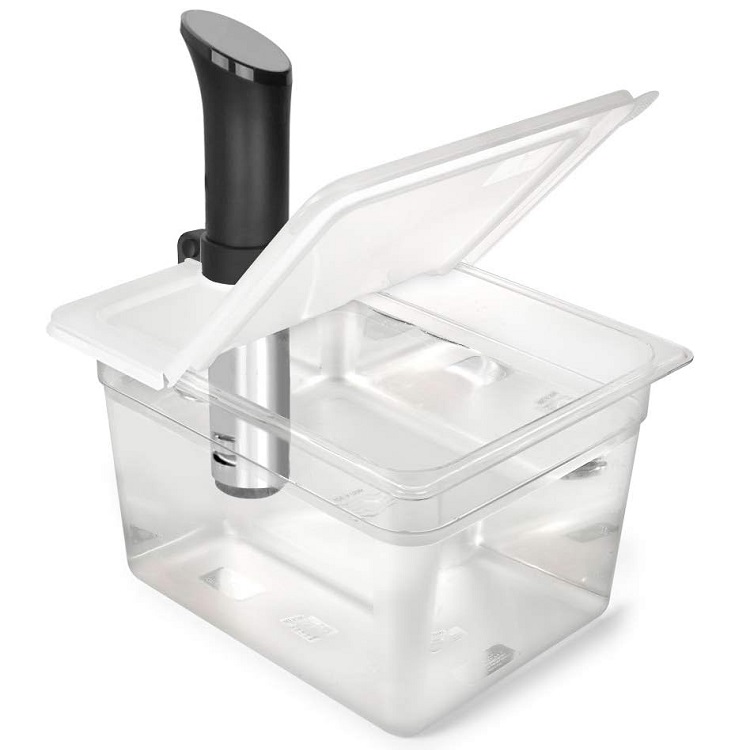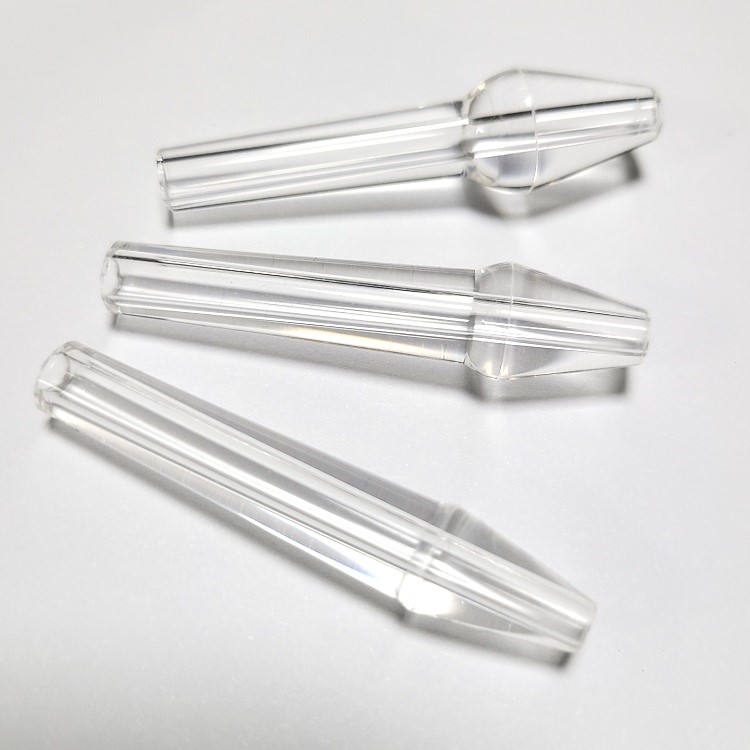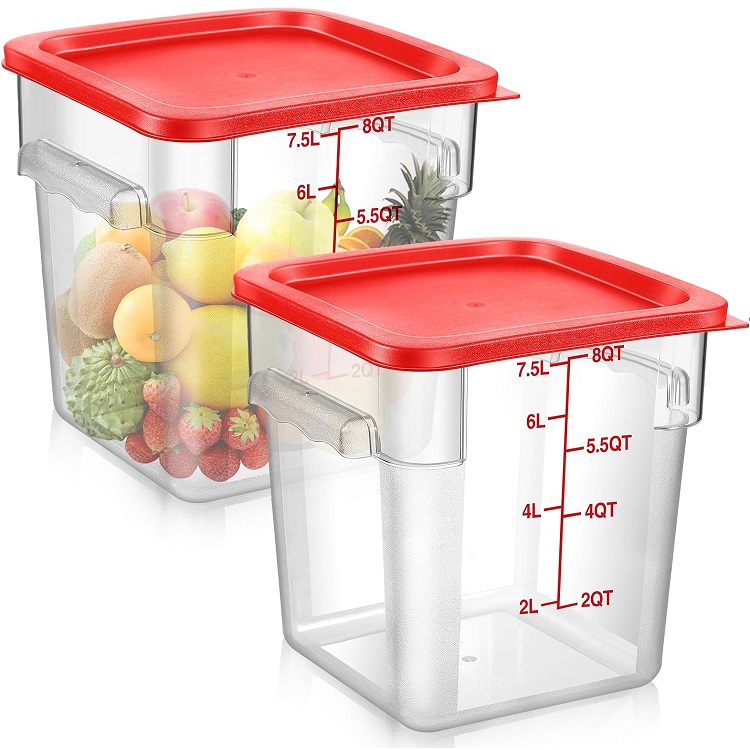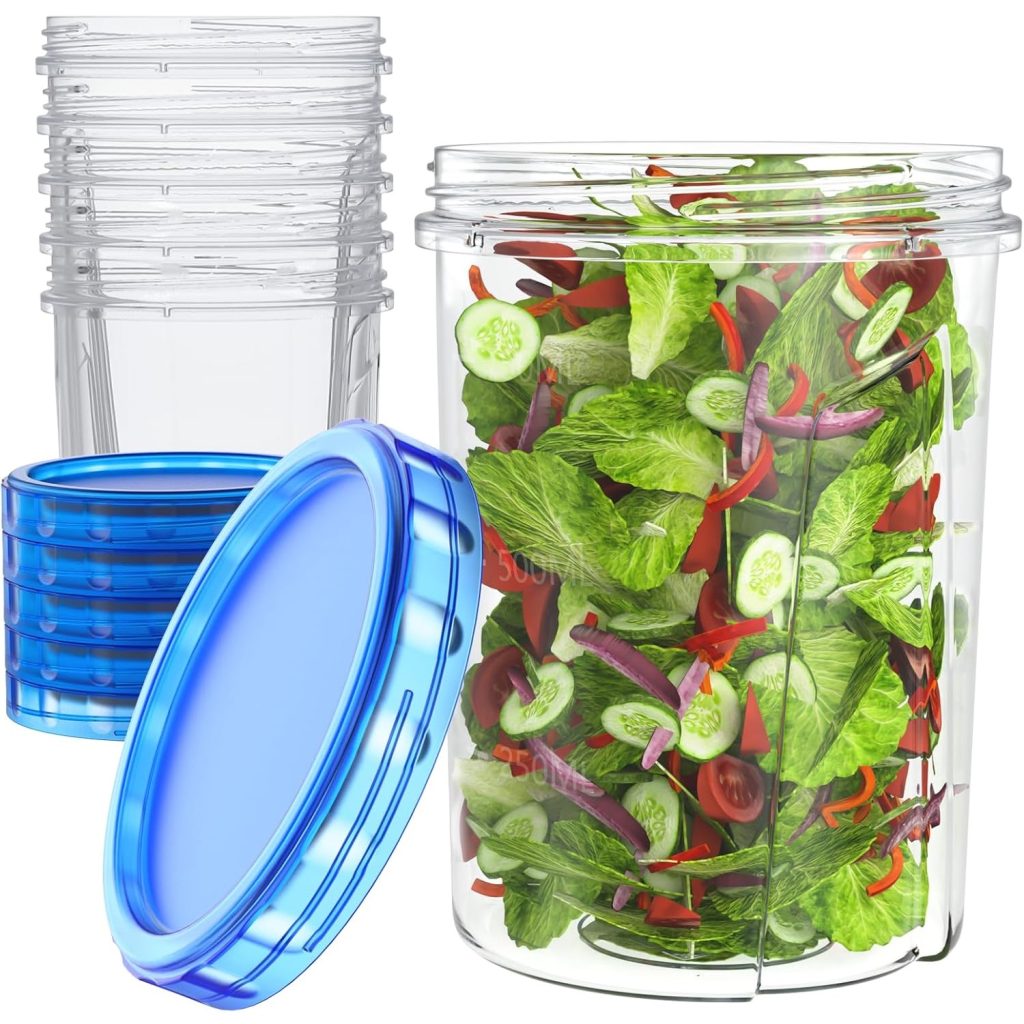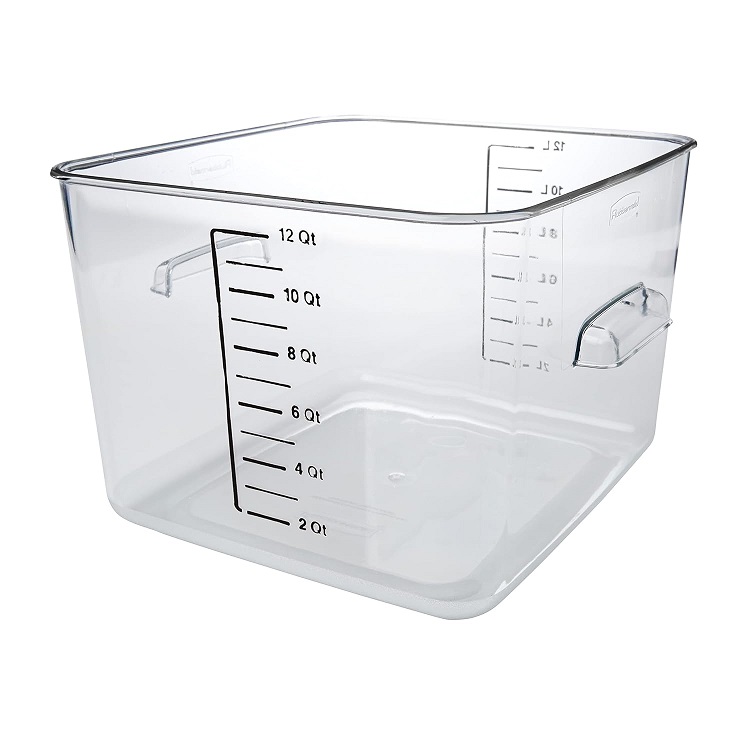III. Types of Food Grade Plastic Materials Used in Injection Molding
There are several types of Food Grade plastic Materials that are suitable for injection molding due to their distinct properties. The choice of material depends on the intended use of the product, such as exposure to heat, durability requirements, or whether the item will be reused or disposed of after one use.
- Polypropylene (PP)
Properties: Polypropylene is lightweight, durable, and resistant to moisture, oils, and chemicals, making it a versatile choice for food storage. It is also microwave- and dishwasher-safe, which adds to its practicality.
Applications: Commonly used for yogurt containers, takeaway food containers, and kitchenware like bowls, lids, and utensils.
- Polyethylene (PE)
High-Density Polyethylene (HDPE): Known for its strength and chemical resistance, HDPE is often used for milk jugs, juice bottles, and food storage containers.
Low-Density Polyethylene (LDPE): More flexible and lightweight, LDPE is used for items like squeeze bottles, packaging films, and disposable bags.
- Tritan Polycarbonate (PC)
Properties: Tritan polycarbonate is prized for being BPA-free, impact-resistant, and exceptionally clear. It’s durable enough to be dishwasher-safe and does not retain odors or stains.
Applications: Ideal for reusable water bottles, baby bottles, food containers, and medical devices due to its safety and clarity.
- Polyethylene Terephthalate (PET)
Properties: PET is lightweight, strong, and transparent, often used for single-use food and drink packaging.
Applications: Commonly found in beverage bottles, food trays, and packaging for fresh produce or baked goods.
- Nylon (Polyamide)
Properties: Nylon is highly resistant to wear and high temperatures, making it useful for more specialized applications.
Applications: Used in kitchen tools like spatulas, serving utensils, and certain machine components in food processing environments.
